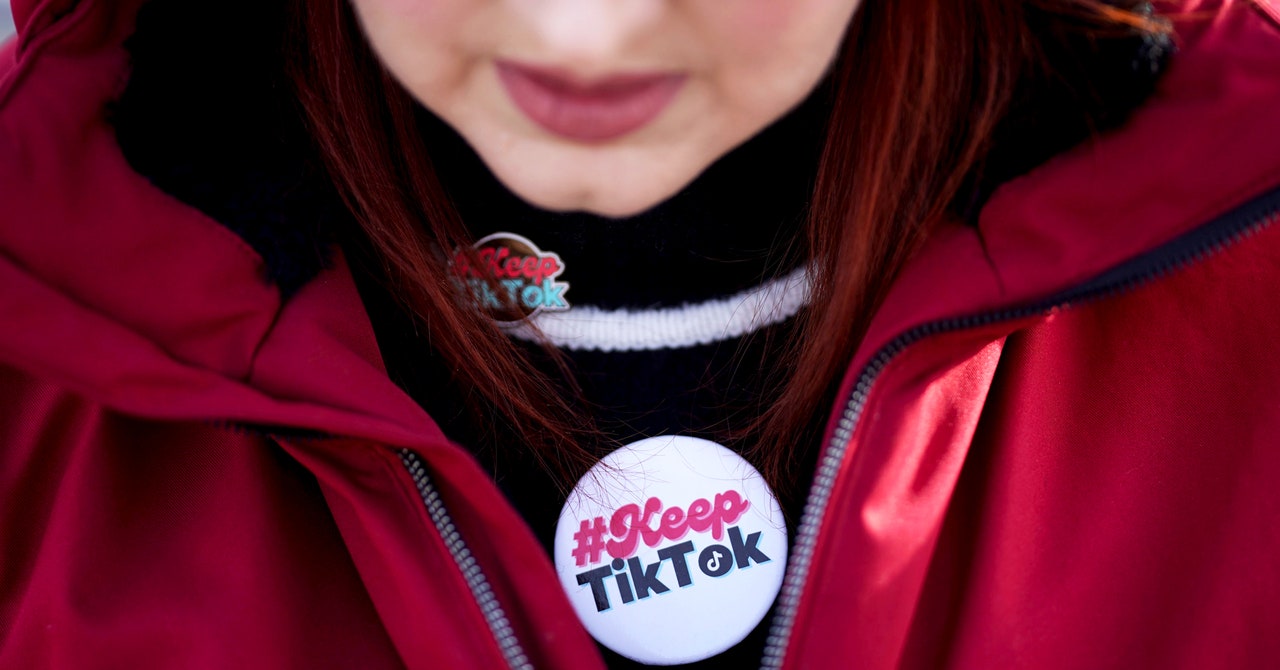The US Supreme Court upheld a law on Friday that could result in a ban on TikTok in the United States this Sunday.
“There is no doubt that, for more than 170 million Americans, TikTok offers a distinctive and expansive outlet for expression, means of engagement, and source of community,” the court’s unanimous opinion reads. “But Congress has determined that divestiture is necessary to address its well-supported national security concerns regarding TikTok’s data collection practices and relationship with a foreign adversary.”
TikTok did not immediately respond to a request for comment, but the company reportedly plans to shut down the app for US users on Sunday, the deadline for an extension.
For more than five years, US government officials have tried to ban or force a sale of TikTok, accusing the Chinese-owned company of sharing American user data with the Chinese government and filling feeds with pro-China propaganda. Congress and agencies like the FBI have not provided the public with much information that confirms these allegations, but pursued a variety of different methods to ban TikTok.
In 2020, former president Donald Trump first attempted to ban TikTok through a failed executive order. Ultimately, President Joe Biden signed into law a bill on April 24, 2024 requiring TikTok’s parent company, Byteance, to sell the app to an American owner by January 19 or be removed from US app stores. In a rush to stave off the ban, TikTok and a group of creators quickly filed lawsuits against the Justice Department, arguing that the law, the Protecting Americans From Foreign Adversary Controlled Applications Act, violates their First Amendment rights.
In Friday’s oral arguments, TikTok’s lawyer Noel Francisco, and Jeffrey Fisher, who represents the creators, attempted to drive home that argument. For the government, solicitor general Elizabeth Prelogar argued that the law did not violate the free speech rights of the defendants, and instead severed the app from Bytedance and Chinese influence.
“Without doubt, the remedy Congress and the President chose here is dramatic,” Justice Neil Gorsuch wrote in a concurring opinion. “Whether this law will succeed in achieving its ends, I do not know. A determined foreign adversary may just seek to replace one lost surveillance application with another. As time passes and threats evolve, less dramatic and more effective solutions may emerge.”
In its opinion, the court shot down TikTok’s central argument that the law violated the company’s free speech rights, writing that the “challenged provisions are facially content neutral.” The justices wrote that the law does not regulate the speech of TikTok or its creators, and instead targets the app and Bytedance’s corporate structure.
“It is not clear that the Act itself directly regulates protected expressive activity, or conduct with an expressive component,” the opinion reads. “And it directly regulates Bytedance Ltd. and TikTok only through the divestiture requirements.”
The justices note that their decision should be seen as “narrowly focused” and applies strictly to TikTok. “TikTok’s scale and susceptibility to foreign adversary control, together with the vast swaths of sensitive data the platform collects, justify differential treatment to address the Government’s national security concerns,” the opinion reads.

